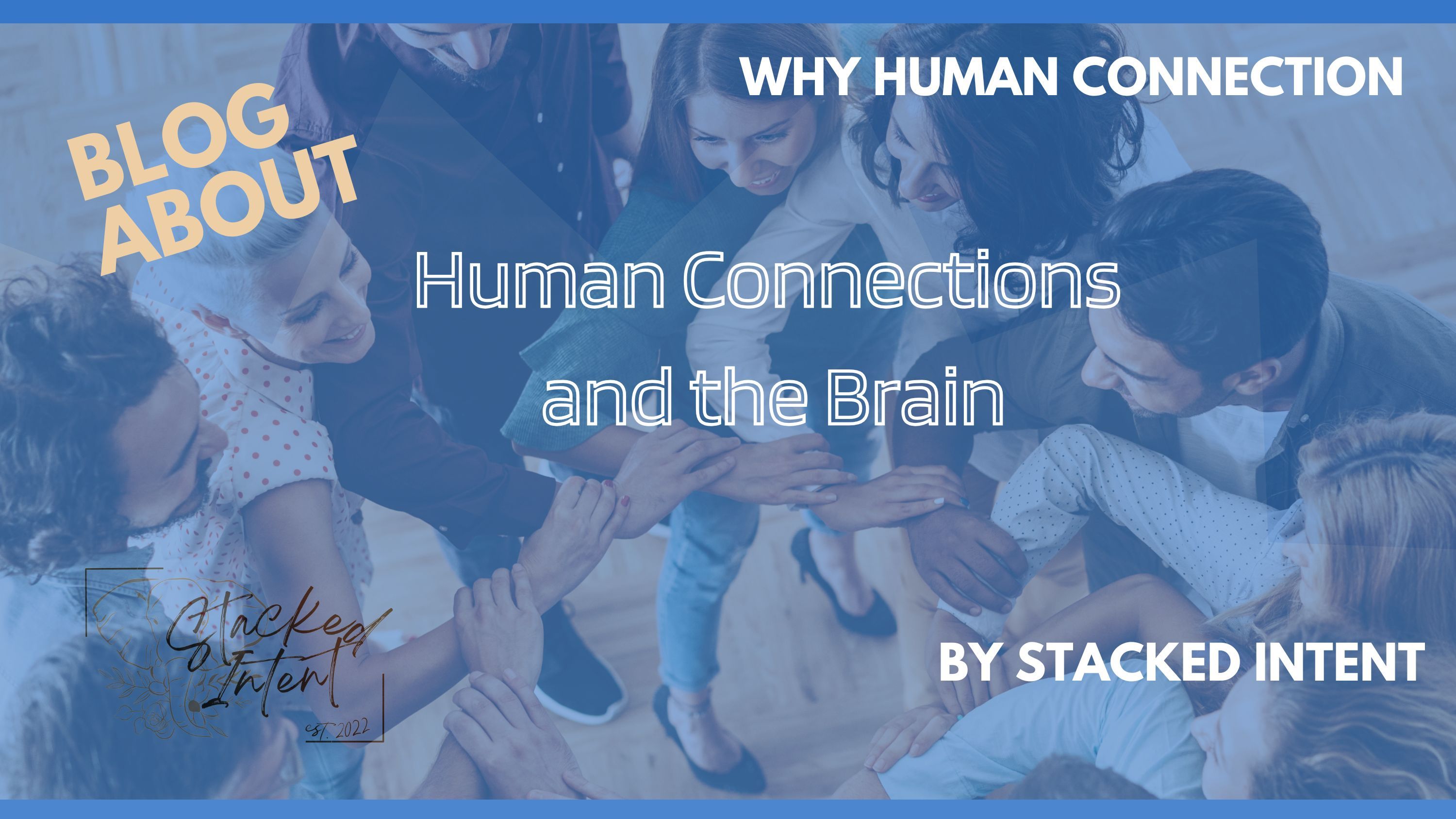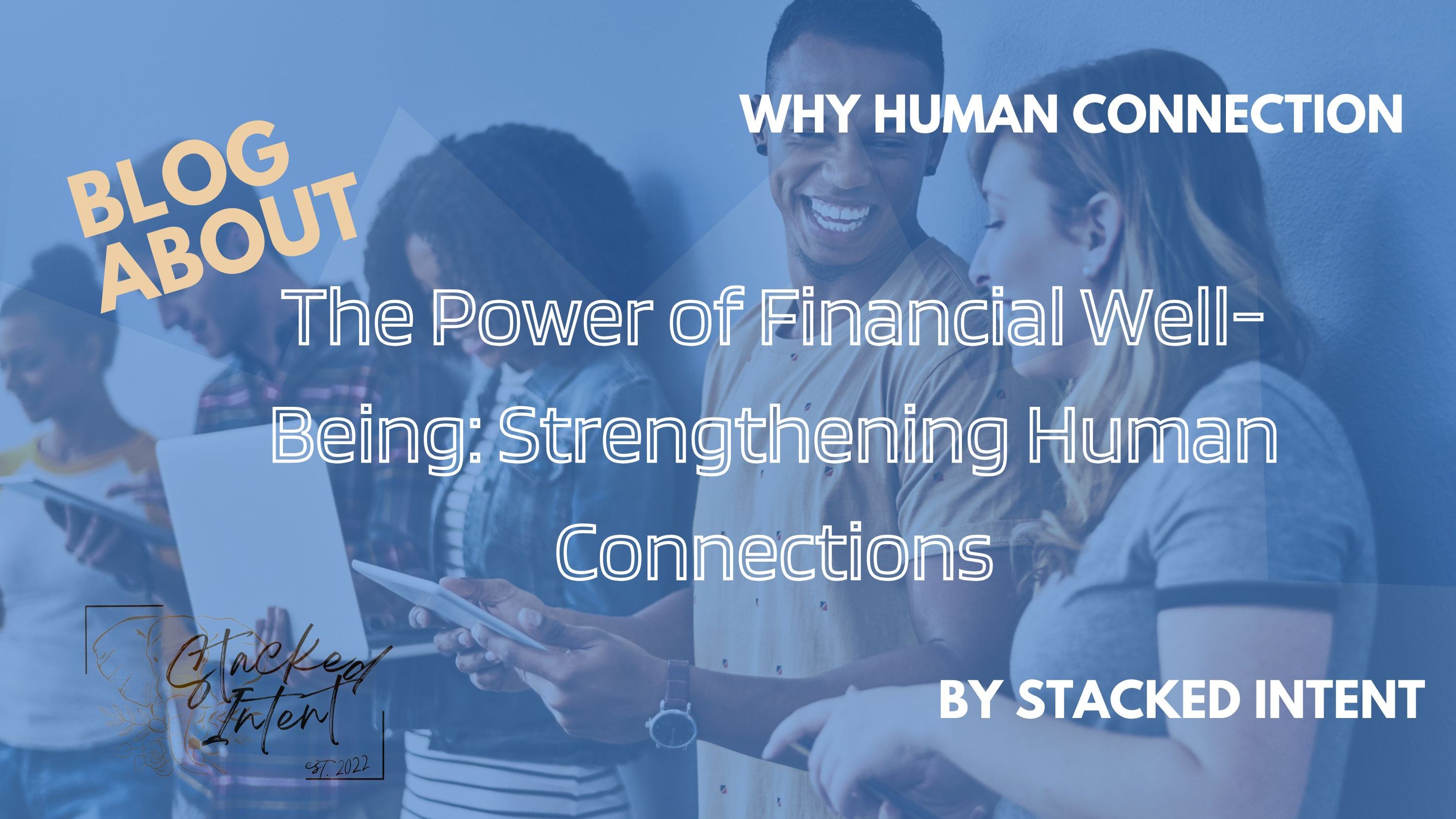Growing Past Childhood Trauma
Jun 26, 2024
We explore the complexities of life and relationships and how you can discover or rediscover your authentic self. Today, we’re addressing a sensitive yet crucial topic: what to do if you experienced childhood trauma and are now navigating adult relationships.
Childhood trauma refers to frightening, dangerous, or violent events that threaten a child’s life or sense of security. This can include direct experiences or witnessing traumatic events happening to loved ones. These experiences can have lasting effects, influencing emotions, physical reactions, and overall well-being well into adulthood.
As an adult, childhood trauma can manifest in various ways within your relationships. You might experience difficulty trusting others, leading to challenges in forming close, meaningful connections. Strong emotional reactions to certain situations or behaviors that remind you of past trauma are also common. This often results in developing insecure attachment styles, such as being overly dependent or excessively distant in relationships. Additionally, you might struggle to express your needs and emotions effectively, leading to misunderstandings and conflicts.
Research also indicates that adults who endured childhood trauma, particularly physical abuse, face a higher risk of chronic pain conditions like back and neck pain, headaches, gastrointestinal issues, and diseases such as rheumatoid arthritis and fibromyalgia. Early and ongoing trauma can permanently alter the Central Nervous System (CNS), making individuals more susceptible to developing depression, anxiety, chronic pain, and autoimmune disorders.
Healing and building healthy relationships as an adult can be achieved through several steps. While post-traumatic growth often occurs naturally, it can be facilitated. Seeking professional help, especially trauma-focused therapy, provides a safe space to explore and address past experiences. Therapists can offer tools and strategies to manage emotional triggers and build healthier relationship patterns. Practicing self-awareness is also crucial. Understanding your triggers and responses helps navigate relationships more mindfully, and activities like journaling, meditation, or mindfulness exercises can enhance self-awareness.
Learning to set and communicate healthy boundaries is another essential step. This ensures you feel safe and respected in your relationships. Building a support system of understanding and supportive individuals, such as trusted friends, support groups, or family members, can offer invaluable emotional support. If you're in a relationship, educating your partner about your trauma and its impact can foster empathy and understanding. Open communication can help your partner support you better. Lastly, prioritizing activities that promote your well-being, such as exercise, hobbies, or spending time in nature, can help you manage stress and improve your emotional health.
Healing from childhood trauma is a journey, and it's okay to seek help and take time to understand your needs. By taking proactive steps, you can work towards building healthy, fulfilling relationships despite past experiences. Look for more insights and tips on navigating life's challenges and fostering healthier relationships.
It’s about the journey, not the destination
Grab a weekly lesson, motivation, and self-care ideas delivered to your inbox in becoming authentically YOU.
We hate SPAM. We will never sell your information, for any reason.




